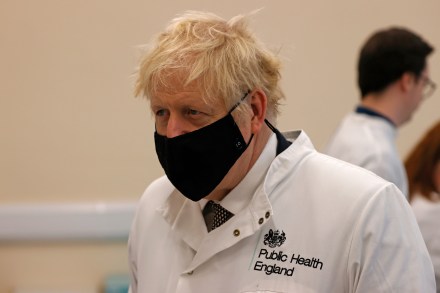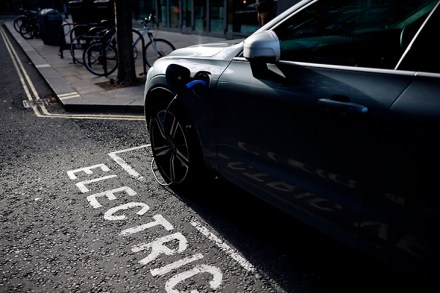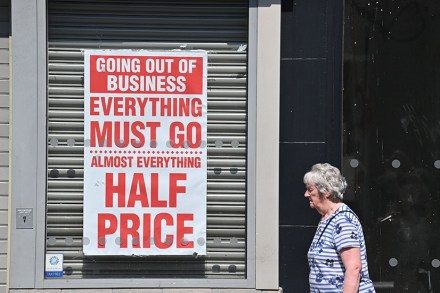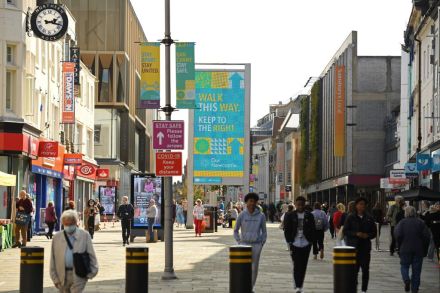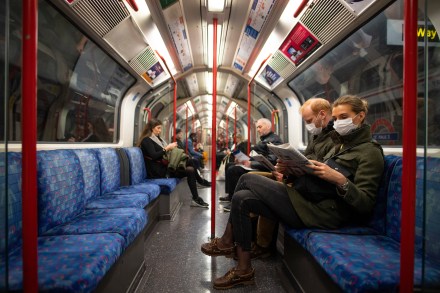The government is sending the high street to an early grave
Does it matter that Debenhams and the Arcadia group have gone under this week, taking 25,000 jobs with them and leaving large gaps in the high street? In normal times we would be minded to say no. The failure of businesses — large ones, included — is part of a healthy market economy. It is a routine aspect of the renewal process, whereby good upstart businesses drive out tired and stagnant retailers, to the benefit of consumers and employees alike. If unemployment were as low as it was at the beginning of this year, the redundant staff would not have had to wait long, or search far, for alternative employment.



